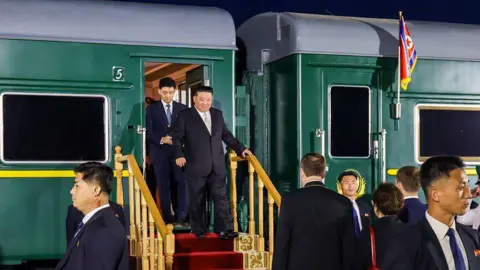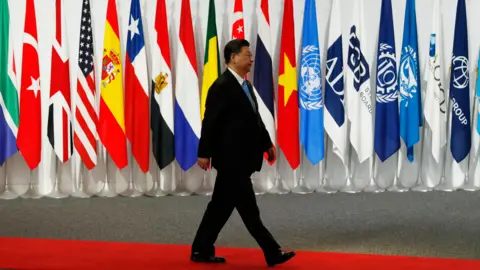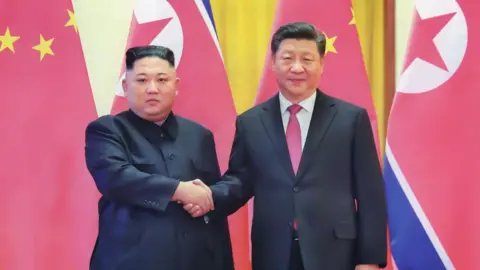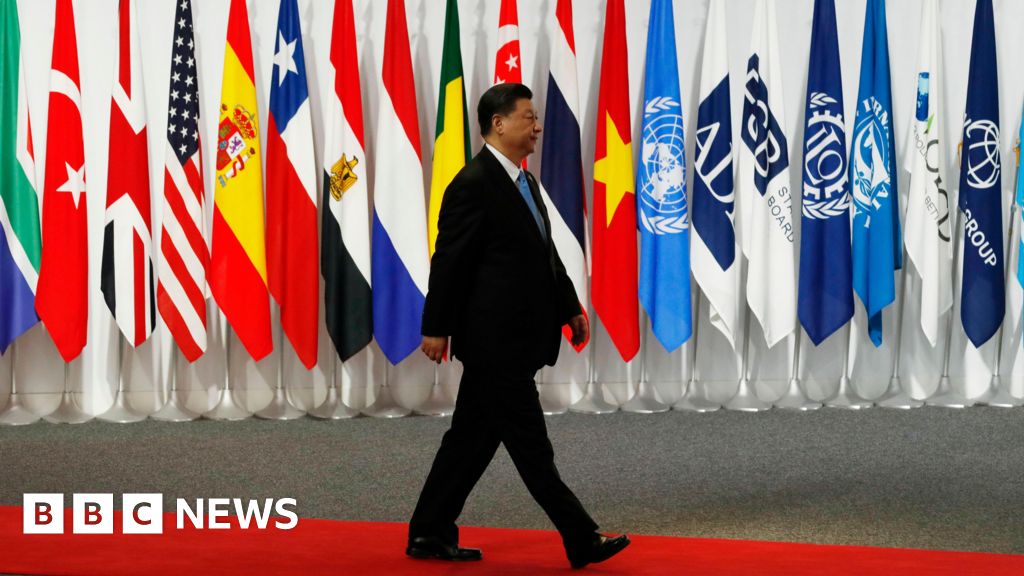For twenty years, Ramzan Kadyrov has held a strong grip on Chechnya as a staunch ally of Vladimir Putin. Following decades of conflict, Kadyrov’s leadership has quelled separatist movements through harsh means, leaving the region under his authoritarian rule. However, recent concerns regarding Kadyrov's health raise pressing questions about future governance.
Now aged 48, the Chechen leader's absence from the public eye fuels speculation about who could continue his legacy of strict control. His 17-year-old son appears to be groomed for leadership, though Russian law poses a legal barrier by requiring regional leaders to be at least 30 years old. Other potential successors include figures notorious for their aggressive tactics against dissenters, including LGBTQ+ individuals.
Despite the Kremlin's general oversight of regional leaders, Kadyrov has enjoyed significant autonomy and state backing, even operating quasi-independently from Moscow’s directives. His controversial policies within Chechnya, including enforcing strict religious laws and creating personal alliances abroad, mark him as a complex player in Russian politics.
While Chechnya was exempt from conscription during the Ukraine conflict, reports indicate that some local men were sent to the frontlines as punishment. What remains clear is that Kadyrov's eventual departure will create a power vacuum in a region where his heavy-handed rule has bred both loyalty and fear, leaving the future uncertain.



















